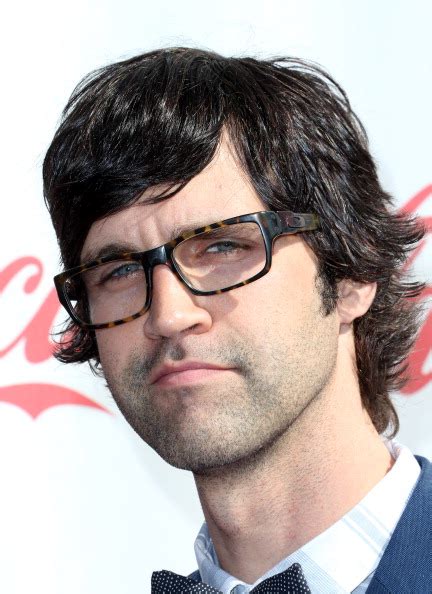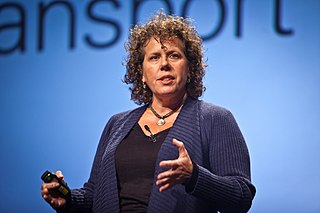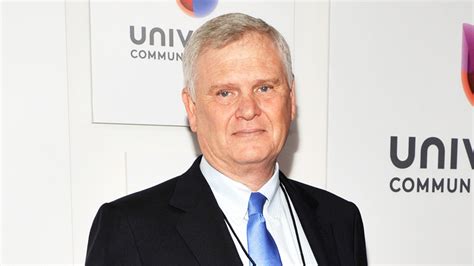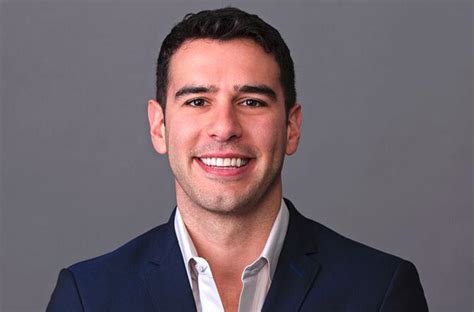A Quote by Joshua Ferris
Between the time I first started working in advertising in 1998 and now, the word brand has replaced identity. We are no longer individuals so much as we are brands. We're individual brands. Individuals are basically left to define their individuality by staying off the internet, which in and of itself can be a brand, the opting-out brand.
Related Quotes
As an entrepreneur, one of the biggest challenges you will face will be building your brand. The ultimate goal is to set your company and your brand apart from the crowd. If you form a strategy without doing the research, your brand will barely float - and at the speed industries move at today, brands sink fast.

































